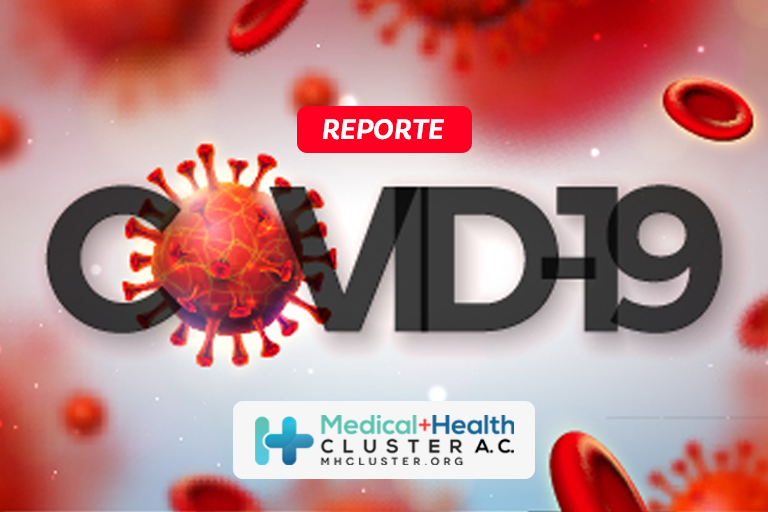Purpose:We assessed long‑term outcomes of dexamethasone 12 mg versus 6 mg given daily for up to 10 days in patients with coronavirus disease 2019 (COVID‑19) and severe hypoxaemia.Methods:We assessed 180‑day mortality and health‑related quality of life (HRQoL) using EuroQoL (EQ)‑5D‑5L index values and EQ visual analogue scale (VAS) in the […]
Read More
About 95% of Americans ages 16 and older have coronavirus antibodies, according to CDC data from testing blood donor samples. The percentage includes antibodies formed from both vaccinations and COVID-19 infections, with nearly 70% of people ages 16 and up having received at least one vaccine dose, the data shows. The seroprevalence […]
Read More
Ivermectin, an anti-parasitic drug that became popular as an alternative treatment for COVID-19, showed no signs of quelling the disease or reducing patients’ risk of hospitalization, according to results from a large clinical trial published in The New England Journal of Medicine. The findings pretty much rule out the drug as a treatment […]
Read More
China reafirma su política de “COVID-19 cero” y dispone su mayor confinamiento desde 2020 Cuando a comienzos de 2020 China confinó a los 11 millones de residentes de Wuhan durante 76 días, el resto del mundo, hasta entonces libre del nuevo virus, miró asombrado. Dos años después la situación se […]
Read More
The World Health Organization is investigating rare instances of hearing loss and other auditory disturbances associated with COVID-19 vaccinations – primarily the Pfizer-BioNTech shots, according to a report from WHO. Of 11 billion doses given, a WHO newsletter reported 164 cases of hearing loss worldwide among people who had received Pfizer-BioNTech, Moderna or AstraZeneca […]
Read More
Patients with persistent cognitive impairment months after illness with mild COVID-19 have higher levels of inflammatory markers in their cerebrospinal fluid (CSF). Researchers found elevated levels of CSF immune activation and immunovascular markers in individuals with cognitive post-acute sequelae of SARS-CoV-2 infection (PASC). Patients whose cognitive symptoms developed during the […]
Read More
Imagine being able to swab the inside of your mouth, place it in a device and quickly know whether you’re infected with COVID-19. Johns Hopkins University researchers say they have developed a simple sensor that could quickly and accurately detect the virus that causes COVID-19 in saliva. The sensor isn’t […]
Read More
COVID-19 affects many organs of the body. The endocrine system is particularly vulnerable because of the expression of the angiotensin-converting enzyme 2 (ACE2) receptor in various endocrine glands. In 2020, Canadian researchers reported that ACE2 is the entry port that allows COVID-19 into cells, thus making certain endocrine glands susceptible to functional […]
Read More
Si no se ha vacunado, se recomiendan las vacunas de ARNm Pfizer-BioNTech o Moderna. Dosis de refuerzo para las personas completamente vacunadas La mayoría de los adultos de 18 años o más, independientemente de qué vacuna recibieron primero, deberían ponerse la dosis de refuerzo con las vacunas Pfizer-BioNTech o Moderna (vacunas […]
Read More
On the same day in March 2020 that President Donald Trump declared the COVID-19 pandemic a national emergency, researchers at the Larry A. Green Center in Virginia launched an ongoing survey of COVID-19’s effects on primary care practices. Over the past 2 years, more than 36 000 survey responses from clinicians across the […]
Read More










